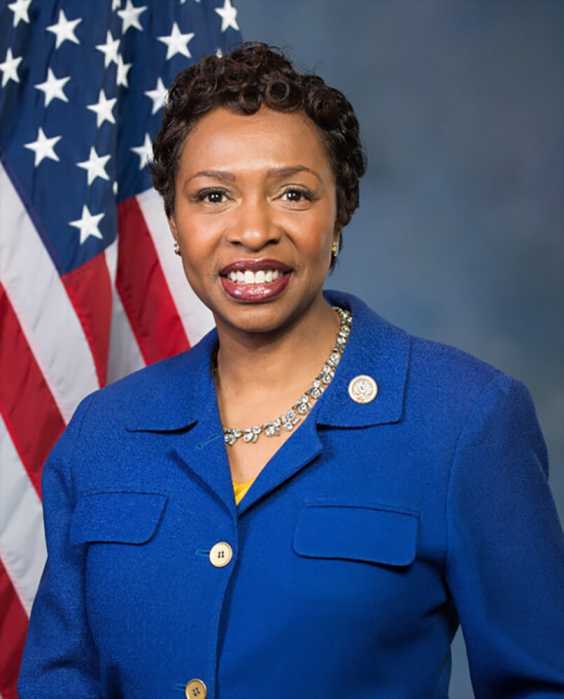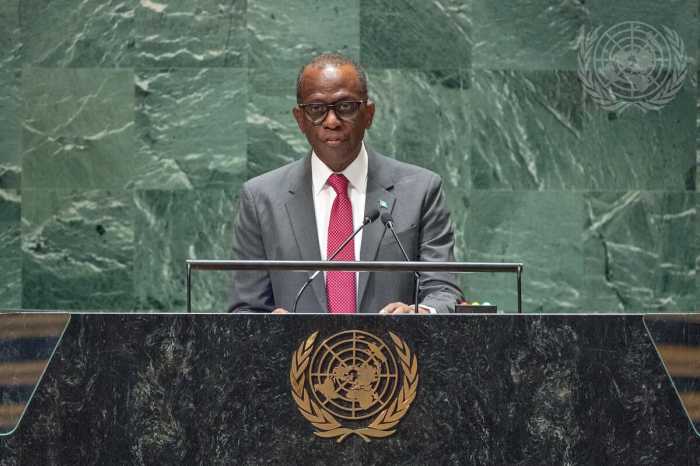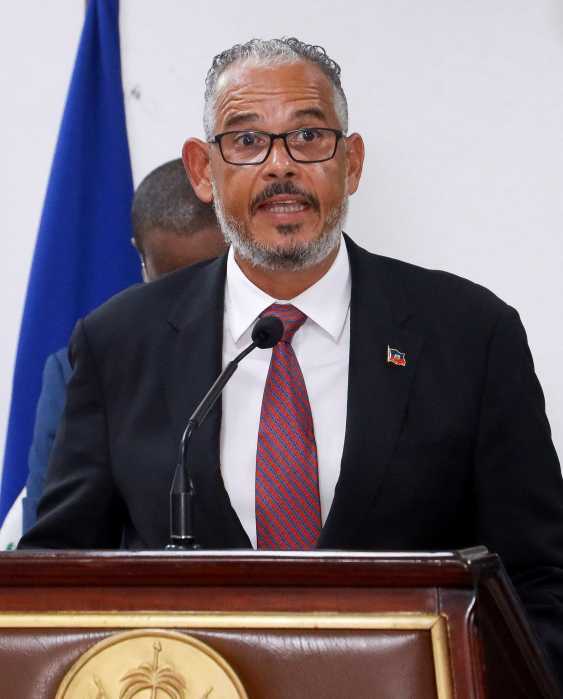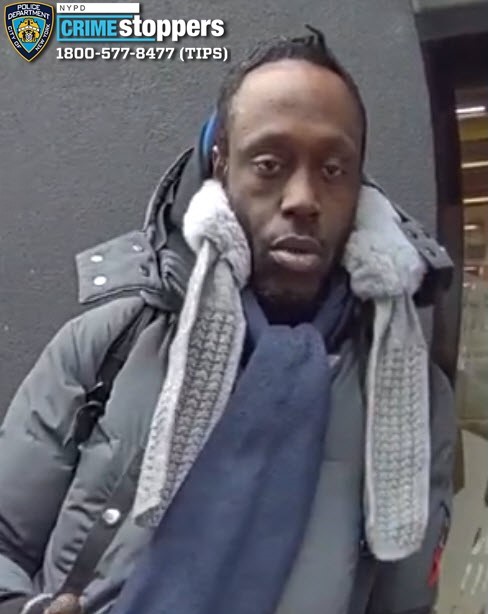Several Caribbean Community nations are preparing to send troops to strife-torn Haiti but there is now a raging debate in The Bahamas about plans by the administration to contribute to a multinational force without parliamentary approval. Any troop deployment by the Caribbean and other nations is, however, subject to approval by the Security Council of the United Nations.
The main opposition Free National Movement (FNM) Tuesday demanded not only parliamentary debate about sending 150 Bahamian soldiers to Haiti but argued that the full house should decide whether any should be sent in the first place and under what rubric.
The mini archipelago off Florida had contributed 141 soldiers to the previous 1994 international effort to restore order in Haiti, but former prime minister Hubert Minnis says the circumstances are different this time as troops would be fighting heavily armed gangs rather than helping to restore democracy as was their last mandate.
The Bahamas, which had hosted the March summit of Caribbean leaders that Haiti had dominated, is among the first in the 15-nation bloc to offer to contribute to a multinational force along with neighboring Jamaica. Since then, Trinidad, Antigua, Guyana and others have signaled similar intentions but no details on troop strength has been released as yet. Minnis has even suggested that Prime Minister Phillip Davis should seek an audience with former prime minister Hubert Ingraham as he and his cabinet were saddled with the 1994 assignment.
“He would do well to speak to Ingraham about how it happens. He (Davis) seems to be clueless about how deployments work. We don’t know what would be the extent of their involvement, and this is something totally different altogether. You are talking about gang warfare. There are possibilities that we can lose individuals, whether they are in IT, whatever they’re doing there. Gang warfare, you don’t know who the gangs are, so we are sending individuals who can be exposed. It’s only fair that a resolution should be debated so that Bahamian people would know exactly whether their sons and daughters are going and what kind of danger they will be exposed to,” as he called for full parliamentary scrutiny. “The government should bring forth a resolution so that it could be debated so that the Bahamian people could know for certain this will have no impact on our crime, no impact on migration, no impact on monitoring our waters with respect to fishing, poaching, etc. That has to be debated to ensure we ourselves are not compromised.”
Minnis spoke hours after PM Davis had reiterated plans to deploy the local military.
“Our commitment, along with other Caribbean countries, is to lend assistance to ensuring that we bring peace and stability in Haiti. We expect Haitians to solve their problems and we are here to support them in that effort. Our commitment to lend peacekeeping troops is only to help train and help lend technical support where it is necessary. That commitment though is also predicated upon whether or not we can get UN Council to sanction those efforts. So, we await that. We are at least 30 days away from that happening or not happening. So, we will only know within the next 30 days,” Davis told reporters this week.
Haiti, the last nation to join the regional bloc and the most populous with nearly 11 million has asked the region to assist with its general situation. An eminent persons group comprising three former prime ministers has already visited Haiti for talks with stakeholders, having entertained dozens of Haitian representatives in Jamaica in June. Kenya has offered to be the lead country and would send 1,000 troops if the UN gives the go ahead. End/bw.






















